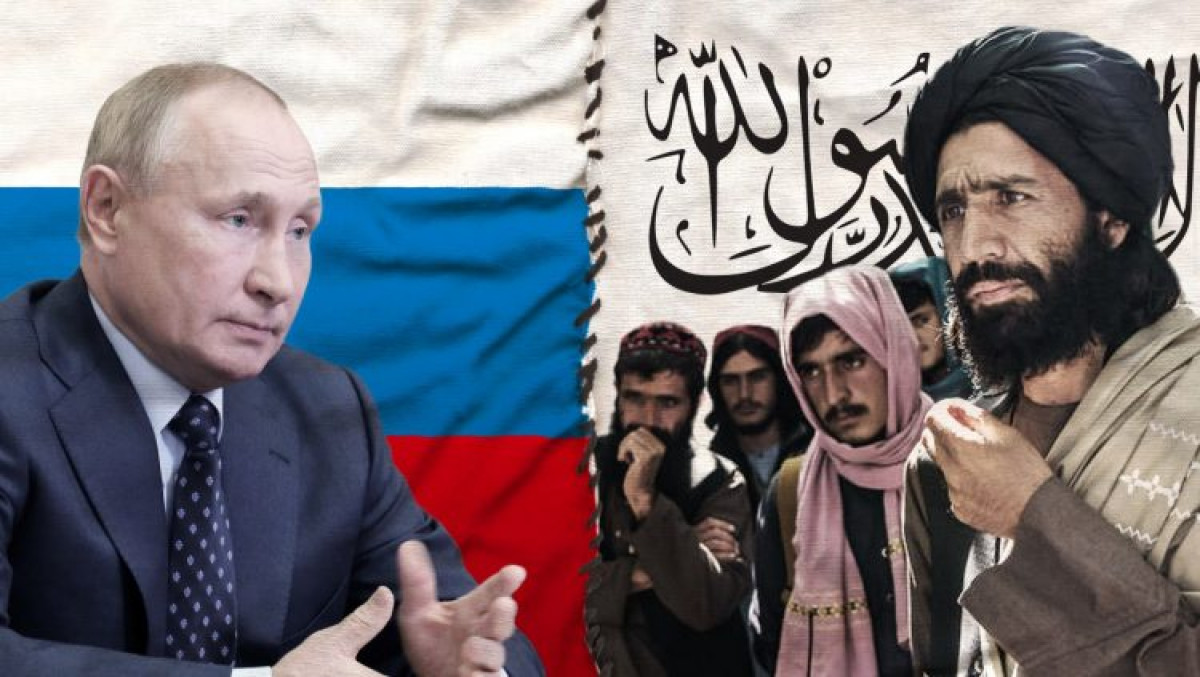 308
308
The first face-to-face contact between Russia and the Taliban happened in 1995, when Taliban fighters forced a Russian chopper carrying seven Russian civilians to land. Zamir Kabulov went Kandahar and met with Mullah Mohammad Omar, the Taliban’s commander at the time. When discussions failed, the seven detained Russians flew the chopper to the United Arab Emirates, where they were joined by three Taliban fighters.
In September 2015, Russian President Vladimir Putin and the former Taliban commander met to explore collaboration, according to the Sunday Times. Putin met Mullah Akhtar Mansour in secret at a military base in Tajikistan. The conference, according to the report, was convened to discuss bilateral collaboration in the struggle against ISIS; however, the Taliban refuted the storey, stating that no such meeting had taken place. Following the assassination of Mullah Akhtar Mansour in a US attack in Pakistan’s Balochistan, Russia maintained contacts with the Taliban, which was then commanded by Mulla Hebatollah Akhundzadeh. With the strengthening of the Taliban and the departure of US troops from Afghanistan, Russia has become one of the first foreign governments to formally acknowledge the Taliban, and has demonstrated a clear strategy in this respect. The Taliban, in Moscow’s view, is an effective political and security weapon for attaining its agendas. The Taliban, according to Moscow, is a “politically and ethnically competent entity that undoubtedly deserves power in Kabul,” has grown more moderate over time, and its threats to Russia have ceased; as a result, it is ready to “officially” enter the Afghan politics. That is why senior Russian officials had talked publicly on the imperative to overthrow the NATO-backed Ashraf Ghani’s administration.
Zamir Kabulov stresses this fact too. In a statement, Kabulov highlighted that the only way out of Afghanistan’s political deadlock is for the country to build a transitional coalition government that includes the Taliban and “a wide spectrum of representatives of Pashtuns, Tajiks, Uzbeks, and Hazaras.” “Afghanistan must create a new coalition government with representatives of all political groupings, including the Taliban,” he remarked.Having the support of a powerful non-Western state that is geographically perennial in the area, has a VETO power in the UN and is a genuine threat to the US, such as Russia, would be a great victory for the Taliban. The Taliban are fully aware that they will need the backing of Russia, a superpower state to carry out the political process in Afghanistan and obtain international legitimacy, and that Russia, may also aid them in resolving their financial and economic issues
In fact, the Taliban and Russia may develop a partnership based on the realism that prevails on the international stage and by acknowledging their common interests.
Comment
Post a comment for this article